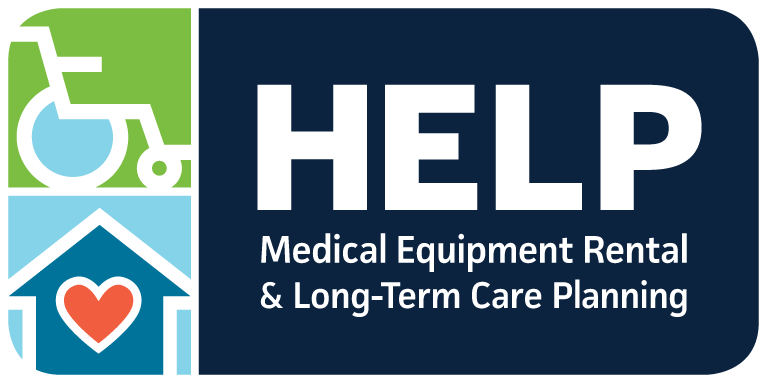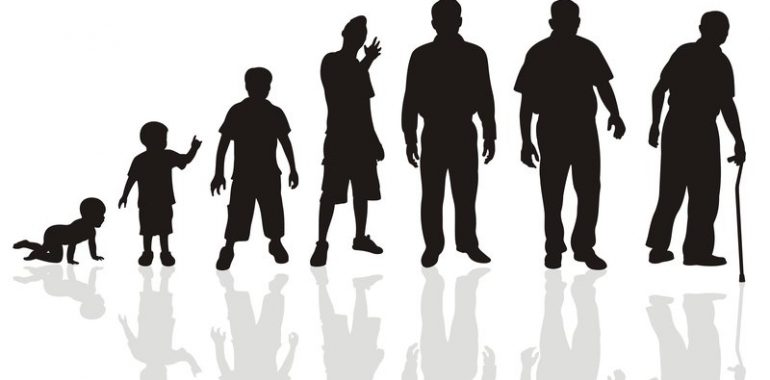
Scientists are predicting and we are now starting to see a significant increase in dementia and Alzheimer’s disease. These increases are being partially attributed to advancing technology in our lives. We think less than we used to; therefore we do not exercise our brains as much anymore. We can just ask Google a question instead of figuring it out, or use GPS to find our way to a new place.
According to HELPGUIDE.ORG, it becomes increasingly important to keep our minds sharp and health as we age. Here are several ways to enhance memory and keep your brain healthy:
- Give your brain a workout
- Don’t skip physical exercise
- Get enough sleep
- Make time for friends
- Keep stress in check
- Have a laugh
- Eat a brain-boosting diet
- Identify and treat health problems
- Take practical steps to support learning
The following focuses on the first step, the “brain workout.”
Not all workouts are equal. In adulthood, our brains can problem-solve familiar problems and execute familiar tasks fairly easy. However, just repeating these simple day-to-day activities is not enough. We have all heard the term “use it or lose it,” and this applies to our brains as well. The more we workout our brains, the better off we will be. A good brain workout should:
- Teach you something new. Even very intellectually challenging activities won’t help if it those activities are something you are good at and familiar with. The activity needs to be unfamiliar to you. Developing and learning new skills develops the brain.
- Be challenging. The exercise must be continually challenging and require sustained mental effort; it’s not enough if you found it challenging at one point.
- Offer a skill you can build on. Look for an activity that allows you to progress in difficulty. When a previously difficulty level of the activity starts feeling comfortable, move on to the next level. (Examples include learning to play an instrument or a new song.)
- Be rewarding. Rewards support the brain’s learning process and keep you engaged.
- Include exercise. Studies show that after learning something new, if you wait four hours before physically working out, you’ll retain the information better than if you exercise immediately.

